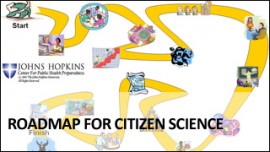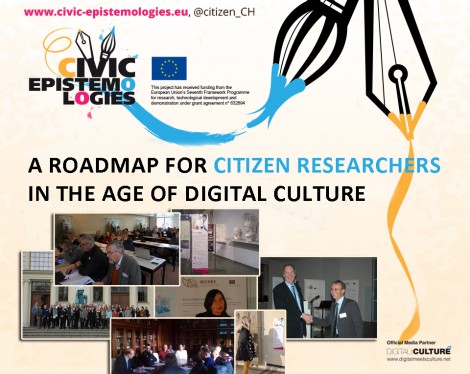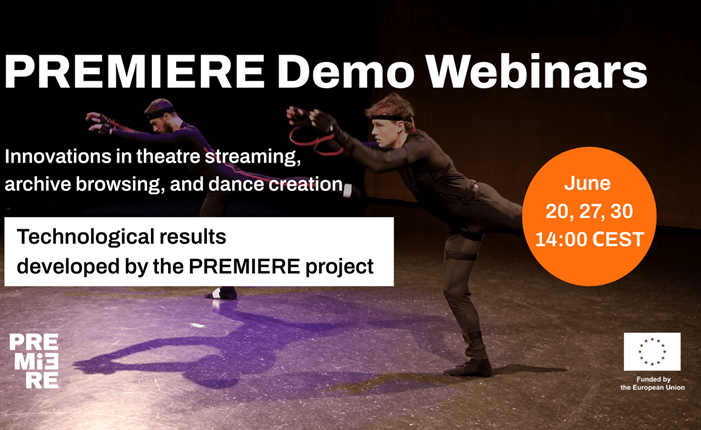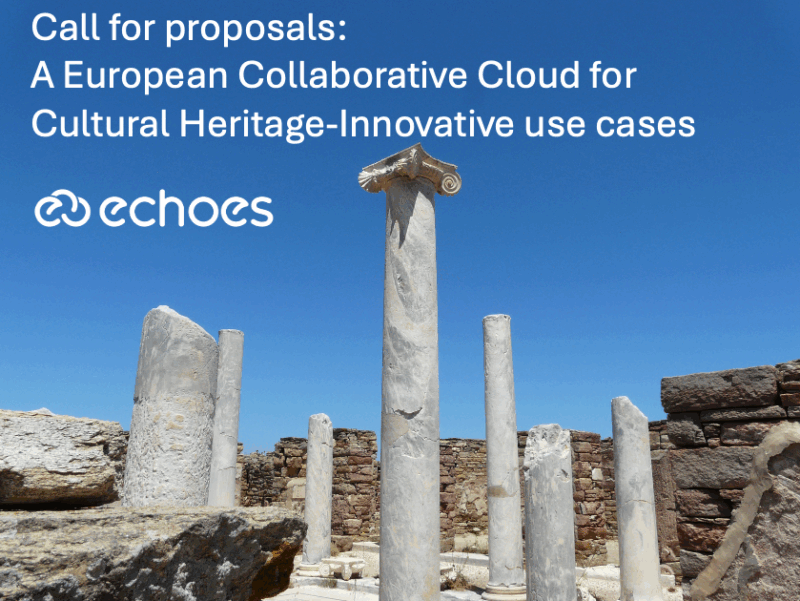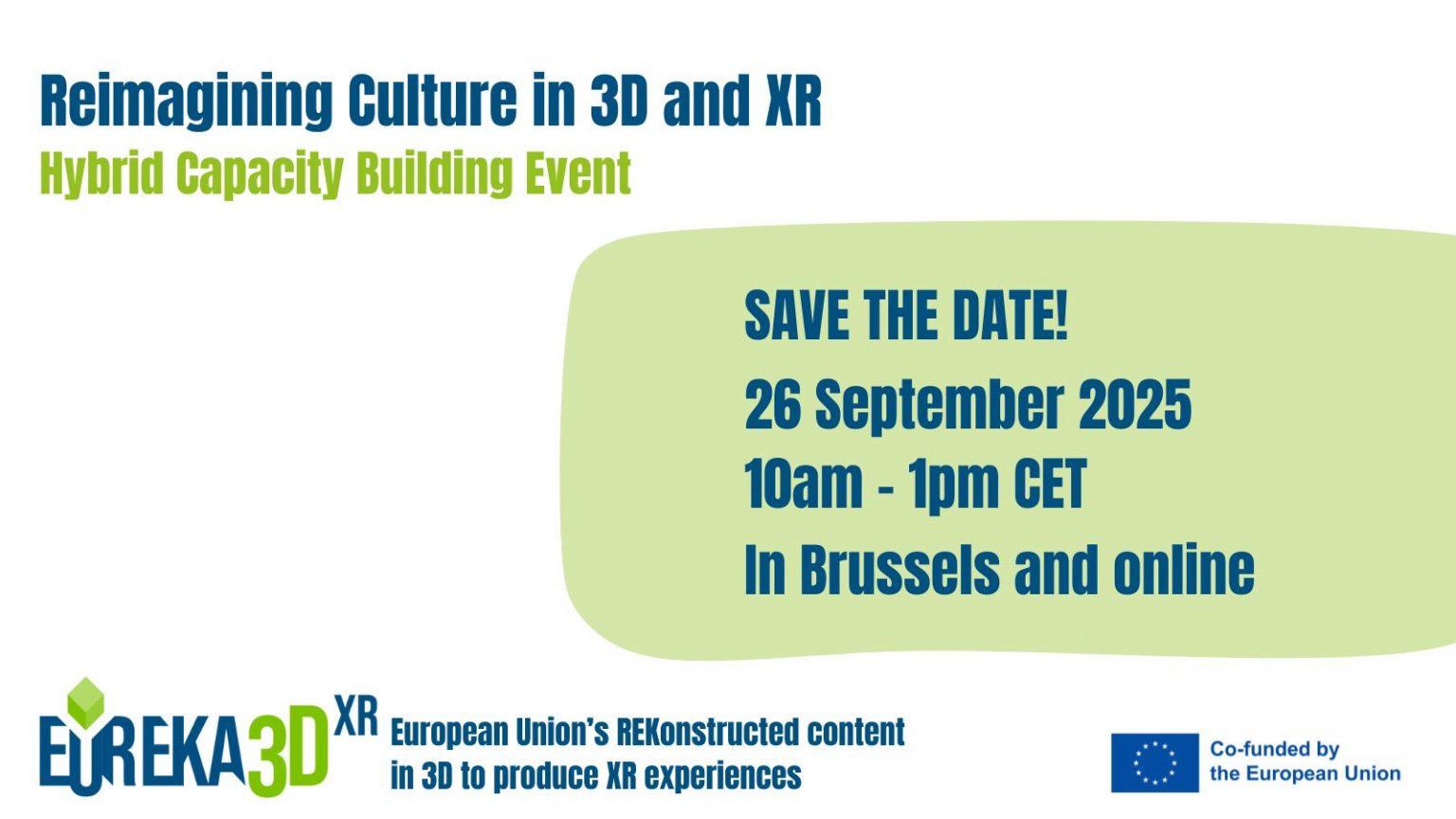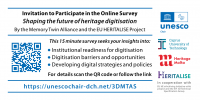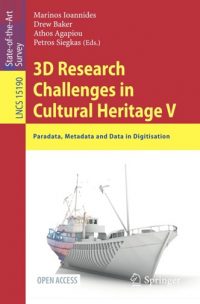-
Join the
Digital Meets Culture
Open Newsroom! If you have interesting news and events to point out in the field of digital cultural heritage, we are waiting for your contribution.
If you have interesting news and events to point out in the field of digital cultural heritage, we are waiting for your contribution.
-
Free text
-
-
Upcoming events
-
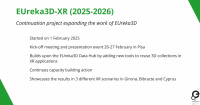 On the projects scope, results, and future plans
On the projects scope, results, and future plansDuring this year’s important event of Europeana Aggregators Forum (9-10 April 2025), Valentina Bachi from Photoconsortium delivered a presentation on both EUreka3D and EUreka3D-XR projects. The presentation went through EUreka3D project’s achievements with the developing of the EUreka3D Data … Continue reading →
 The collections feature 3D models digitised in the context of the EUreka3D project
The collections feature 3D models digitised in the context of the EUreka3D projectExplore two new source collections on Historiana, the online multimedia tool co-funded by the European Union that provides teachers with innovative, interactive resources to bring history to life and engage students. These collections feature 3D models digitised through the … Continue reading →
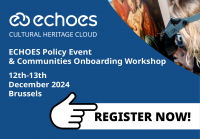 Brussels or online, December 12 - 13, 2024
Brussels or online, December 12 - 13, 2024The ECHOES Project Policy Event “Toward the Cultural Heritage Cloud” and the workshop “Onboarding communities into the Cultural Heritage Cloud” will take place in Brussels and online on 12 – 13 December 2024 and will officially launch the European Collaborative … Continue reading →
|
PRESENTATION OF THE PROJECT
|
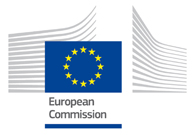
|
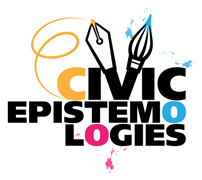
The CIVIC EPISTEMOLOGIES project is about the participation of citizens in research on cultural heritage and humanities. ICT are powerful drivers of creativity, but specific technical know-how is still generally lacking in the creative industries sectors. In addition, humanities scholarship… Continue reading →
No items, feed is empty.
Project Coordinator: Mauro Fazio, Ministero dello Sviluppo Economico
Technical Coordinator: Antonella Fresa, Promoter Srl
Project website: www.civic-epistemologies.eu
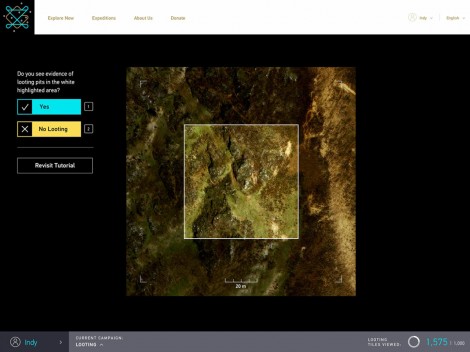
A year ago, University of Alabama professor Sarah Parcak won a $1 million TED Prize for her work in “space archaeology” — using satellite imagery beamed down from space to search for archaeological sites lost through time. Today, Parcak launches GlobalXplorer, a citizen science platform that encourages people around the world to identify and preserve our collective heritage. Continue reading →
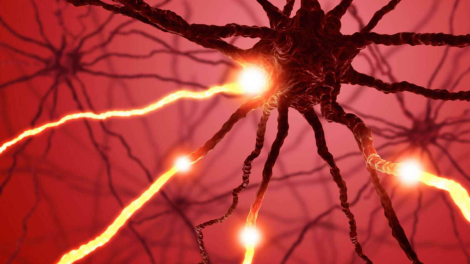
Gluon is an organisation that realizes projects on the crossing borders of visual art, research and industry. For the realisation of its programme Gluon is supported by an extensive network of national and international research institutes, museums, public authorities, businesses and artists. Five … Continue reading →
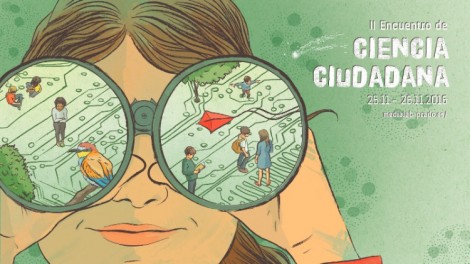
Citizen Science is a part of scientific research that involves and encourages citizen participation in scientific projects, where technological tools and digital devices provide multiple possibilities for participation. The programme of the two-days event (25-26 November 2016) is rich of … Continue reading →
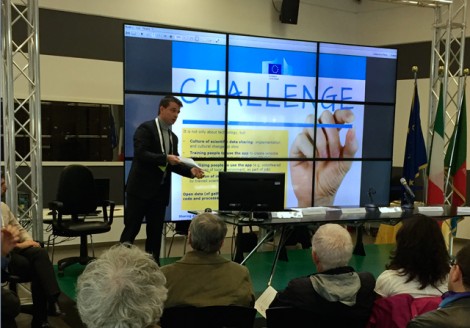
As part of the “Festival della Scienza”, a very important and wide event taking place from October 27 to November 6 at Genoa (Italy), CIVIC EPISTEMOLOGIES project has been selected to discuss about the Citizens engagement and the results of its … Continue reading →

STARTS encourages synergies between the Arts and innovation for technology and society by promoting the inclusion of artists in Horizon 2020 projects. The initiative Science + Technology + Arts = STARTS in Horizon 2020 is based on the conviction that … Continue reading →
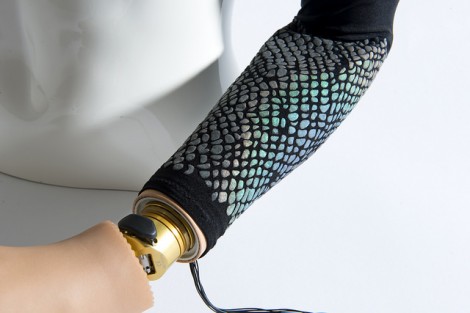
Ars Electronica Linz was selected to conduct the competition to determine the first two recipients of an award launched this year by the European Commission that is as prestigious as it is highly endowed. The STARTS Prize, each accompanied … Continue reading →

The 1st edition of the European Congress of Qualitative Inquiry is a unique event for sharing knowledge and seeking new collaboration and partnerships. It provides opportunities for addressing the common challenges that qualitative researchers face in their own geographical regions or … Continue reading →



